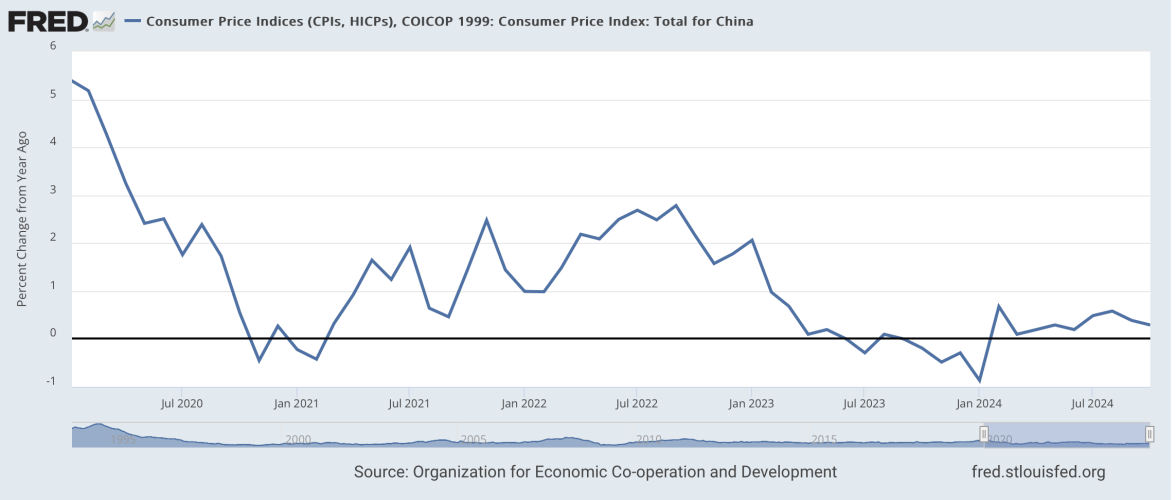BigHornRam
Well-known member
I was thinking the cruise ship would not be able to buy fuel due to rationing, and would spend the last 3 years anchored off some 3rd world hell hole.Imagine paying that kind of dough, then promptly being sunk by a Russian submarine on day two of WWIII.







